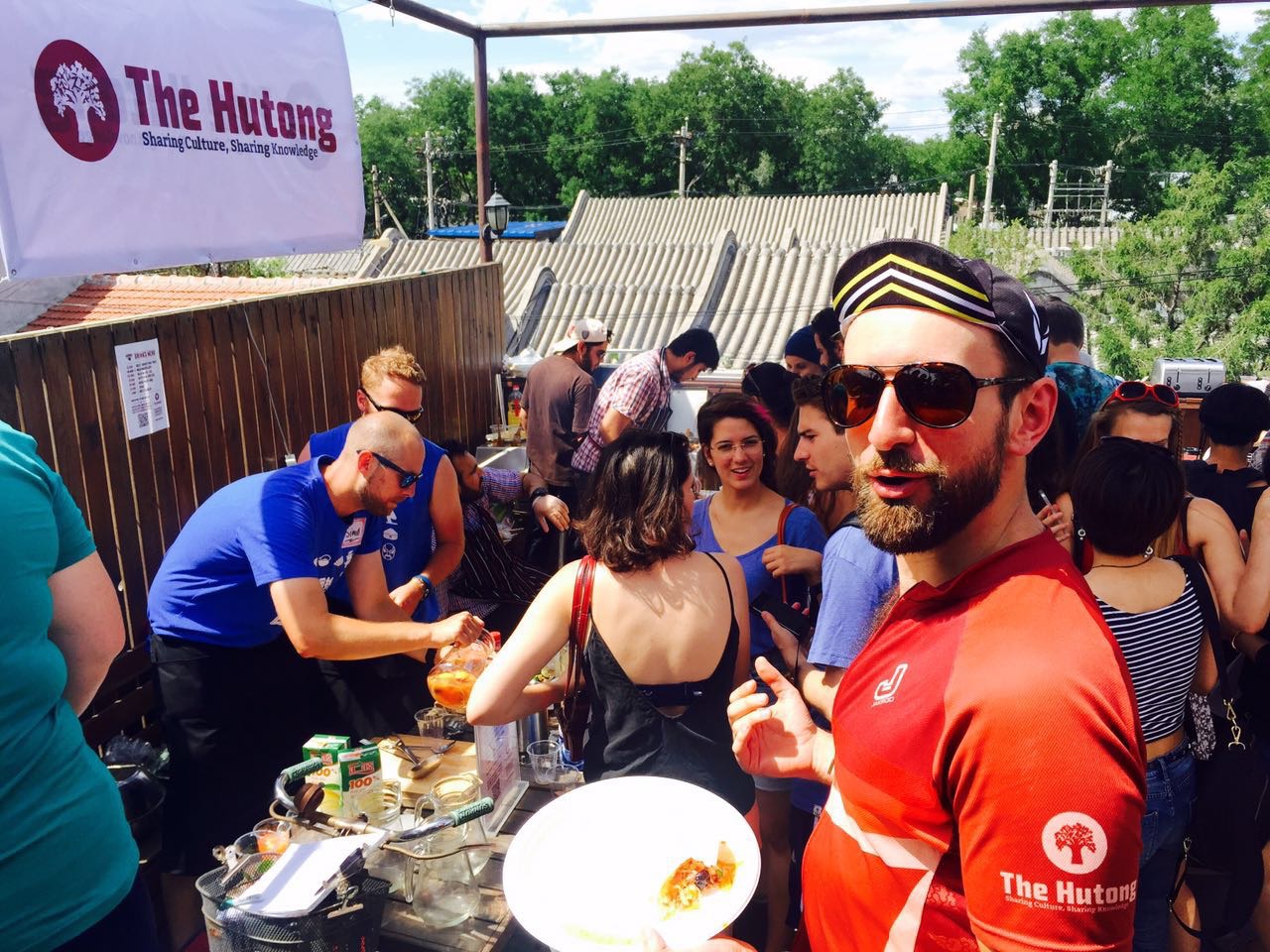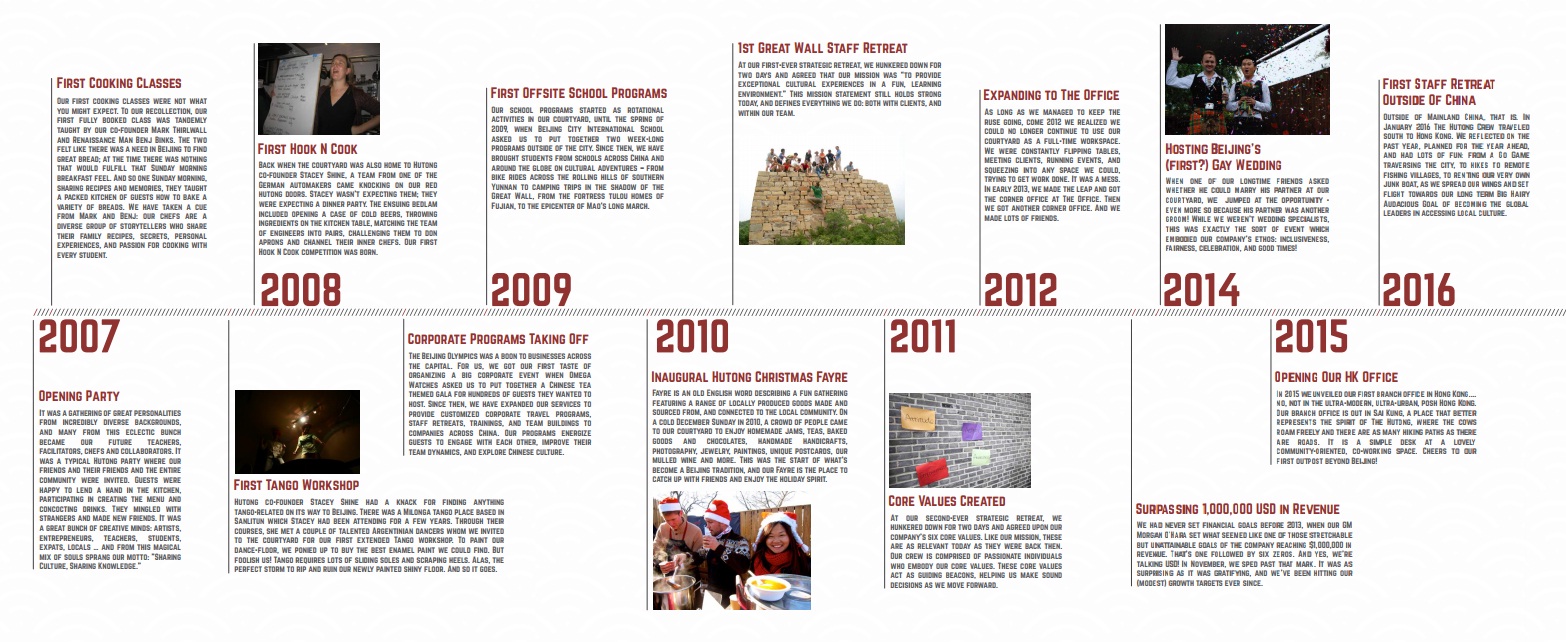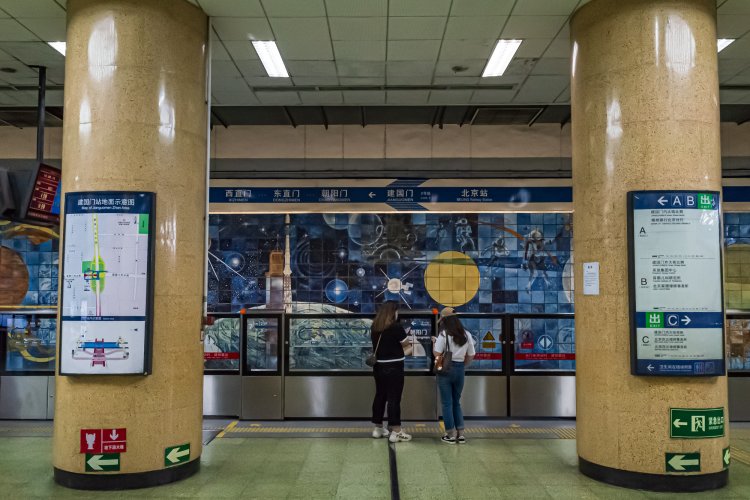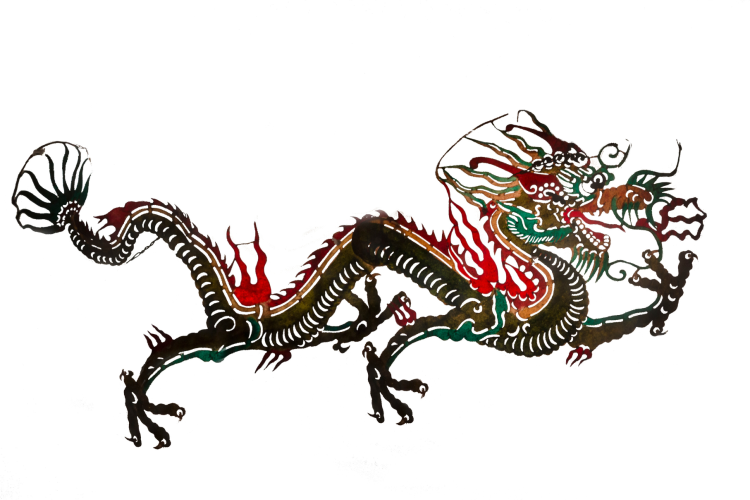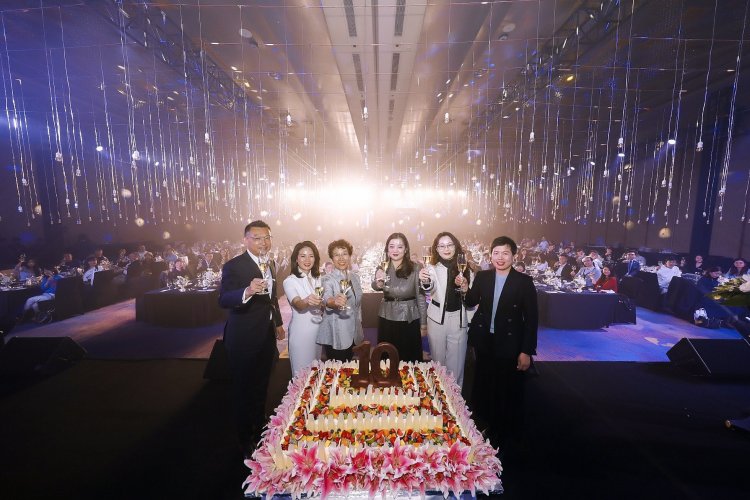The Hutong Celebrates 10 Years of Culture, Classes, and Art in Beijing's Alleyways
On Saturday, August 26, 4-7pm, one of the city's longest-running cultural centers, The Hutong, celebrates 10 years of art, music, and cultural activities in its Beixinqiao-adjacent venue.

Since its founding in 2007, The Hutong has acted as a cultural hub for foreigners and locals alike, helping to bridge a gap between them through hands-on events, workshops, and trips in and outside of China.

For their first of two celebrations – the second being planned for December – The Hutong crew invites guests to enjoy an afternoon of live music, drinks, a barbecue courtesy of Andy's Craft Sausages, and general merriment.
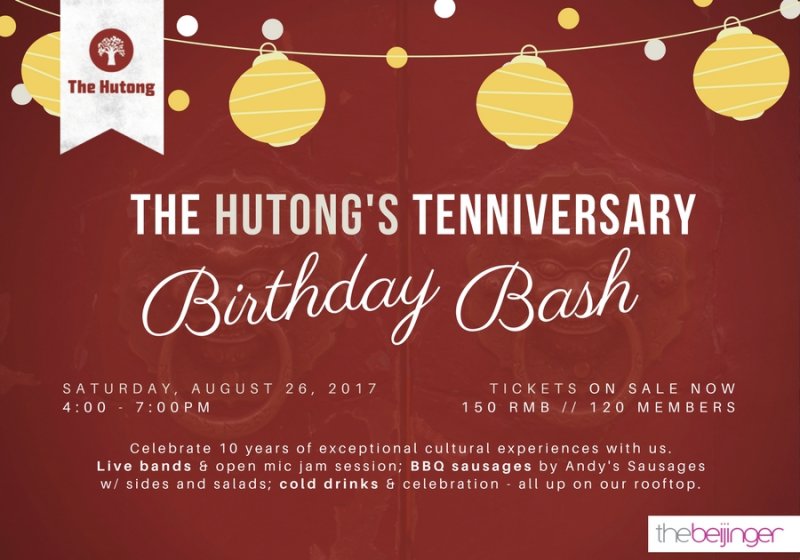
In the midst of preparing for event, we had a chance to speak to Morgan O'Hara, managing partner, about what we can expect from the party as well as what makes The Hutong such a special institution.
First of all, congratulations on going 10 years strong! Tell us what you have planned for your big shindig.
Thanks so much for the well wishes! Our summer birthday bash is going to be a fun, social, and musical sundowner up on our hutong courtyard rooftop, featuring live bands and awesome musicians, open mic jam sessions, drinks up on the terrace, a delicious barbecue sausage dinner (courtesy of Andy’s Gourmet Sausages), and a few surprise special Hutong birthday celebrations. It’s going to be a fun, laid-back community event where people can have a great time and come together.
What have been some of the highlights and benchmarks of The Hutong’s life?
I’ve heard a few people say that The Hutong has become a Beijing establishment, and that’s an honor. Over these 10 years, there have been too many highlights to count. From our 10 Year Anniversary timeline (see below), you can see a few of The Hutong's benchmarks, but I always like to come back to the story of our “inception,” so here goes:
On one frosty Beijing winter day, while riding his bicycle through the hutongs’ zigzagging alleyways, Hutong co-founder Mark Thirlwall peeked into a courtyard gateway, stumbling across an old lady huddled over a stove, blowing into her hands to keep warm. Striking up a conversation, the lady became our landlord, renovations began, and the rest is history.
As winter thawed, Mark’s friend Stacey Shine fell in love with the courtyard and moved in. The two threw their heart and soul into the courtyard home, and began creating projects and events first for friends, and then for Beijing’s larger expat community. The Hutong was born.
With the recent changes in the hutongs, what’s your prognosis of how Beijing’s urban heart stands to change?
The new beautification campaign is worrisome and has caused real hardship to small businesses and (mostly migrant) entrepreneurs who hustle in the hutongs and create that beehive buzz that most of us love. It really highlights a central challenge facing the city: how can and should Beijing modernize as a global capital, and how should it preserve its identity. On the one hand, I’m hopeful: the city understands that it needs to preserve the hutongs, and its heritage. On the other hand, there will always be pressure to remold the hutongs in a way that supports the government’s vision for a futuristic capital. And so while I’m afraid there will continue to be ill-conceived campaigns, in the long run, I’m confident that the hutongs will prevail.
What do the next 10 years look like for The Hutong? Any big plans in the works?
Our mission today extends far beyond the neighborhoods of Beijing. We plan and execute exceptional cultural and educational travel programs and events for schools and companies from throughout China and around the world.
As we prepare for our 10th anniversary, we are entering an exciting new phase: in the past two years we have established offices in Hong Kong and Shanghai as we prepare to expand our programs to new regions and explore new frontiers of educational and corporate experiences.
Our long-term vision is to be the global leaders in accessing local culture. In another 10 years time, who knows how far along we’ll have gotten, but here’s hoping we’ll have made significant strides along that path.
If you could sum up hutong life in one word what would it be?
I would sum up hutong life by harking back to the word’s origin: most people agree hutong is an old Mongolian word for a well, from a time when every alleyway in Beijing needed a source of water. Today those wells are mostly gone, but the alleys remain. Each hutong is a community with its own history and heritage. And so if you’re going to make me choose one word, it would have to be: community.
Tickets cost RMB 150 or RMB 120 for Hutong members and will get you access to the event as well as food and drink to keep you going. If you forget to book ahead, there will also be a limited number of tickets for RMB 200 on the door. For more information, as well as details on how to buy tickets, click here. You can also learn about how to win free places in The Hutong's cooking classes, tours, and even a bike trip to Yunnan, here.
More stories by this author here.
Email: tomarnstein@thebeijinger.com
WeChat: tenglish_
Instagram: @tenglish__
Images courtesy of The Hutong

